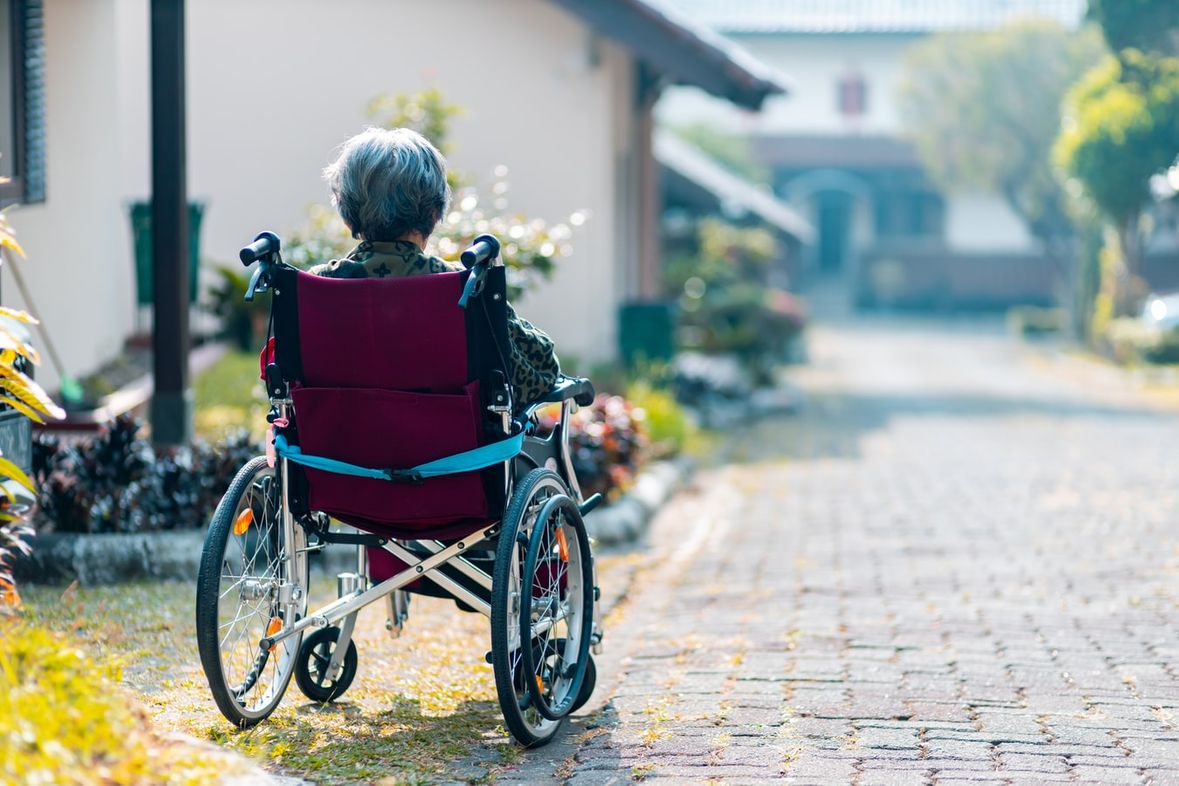We’ve already spoken about how hard it is to deal with the death of an elderly parent, and the toll it can take on the surviving partner. But if that surviving spouse is living with Alzheimer’s, it can take the grieving process to a whole other level. When someone has Alzheimer’s every day is different and unpredictable, and there’s no telling how a person might react to or cope with the news at any given time.
Alzheimer’s can affect both short and long-term memory, making the grieving process even more complicated – a person with dementia might ask after people who died a long time ago (their parents for example) as well as a recently departed loved one – so it could be that you have to repeat the news that someone has died daily, or even several times a day, watching them react to fresh grief over and over again. Heartbreaking.
Of course in the early stages of dementia memory loss and confusion might be mild, and so the changes that come about following the death of a spouse might be easier to manage. However in the more advanced stages of a disease like Alzheimer’s, trying to support your parent through the death of their loved one and the transition period that follows could be a lot more painful.
Here are some tips that might help if you have to break the news that a spouse has died:
Be patient. Repeating the news is going to no doubt be stressful and upsetting – particularly when you are also dealing with your own grief – so make sure you share this unpleasant task with other family members
Tell them the news as soon as you can. If you don’t they might sense that something is wrong and this confusion could be detrimental to their condition
Talk to them when they are well rested
There’s no need to share too many details. Be concise and clear so that you avoid confusing them – use terms such as ‘died’ rather than ‘passed away’
Speak to them about funeral arrangements if possible, perhaps assigning them a simple task which will make the death of their loved one seem more real. Make sure there’s someone who can support them at the funeral, and can take them out if it becomes too much
When you’ve broken the news be sure to keep talking about the person in the past tense
Remember to stay calm and not to take things personally
The situation could be made even more difficult if the spouse who has died was the carer for the person with Alzheimer’s, and having to now change caregivers can cause some confusion, and might even make the symptoms of the disease worse. Having to find another caregiver for your elderly parent at this juncture in their lives might even change your relationship with them; they might feel angry or frustrated and take it out on you who, in turn, are also trying to deal with the grief and stress associated with the death of someone you love.
It’s really important to remember that things won’t get better overnight, and that there’s going to be good days and bad days, so don’t try and cope with things all on your own. Call on other family members to help, or speak to us at Care In Kent about options such as respite care or for advice on facilities that specialise in the care of Alzheimer’s patients.


